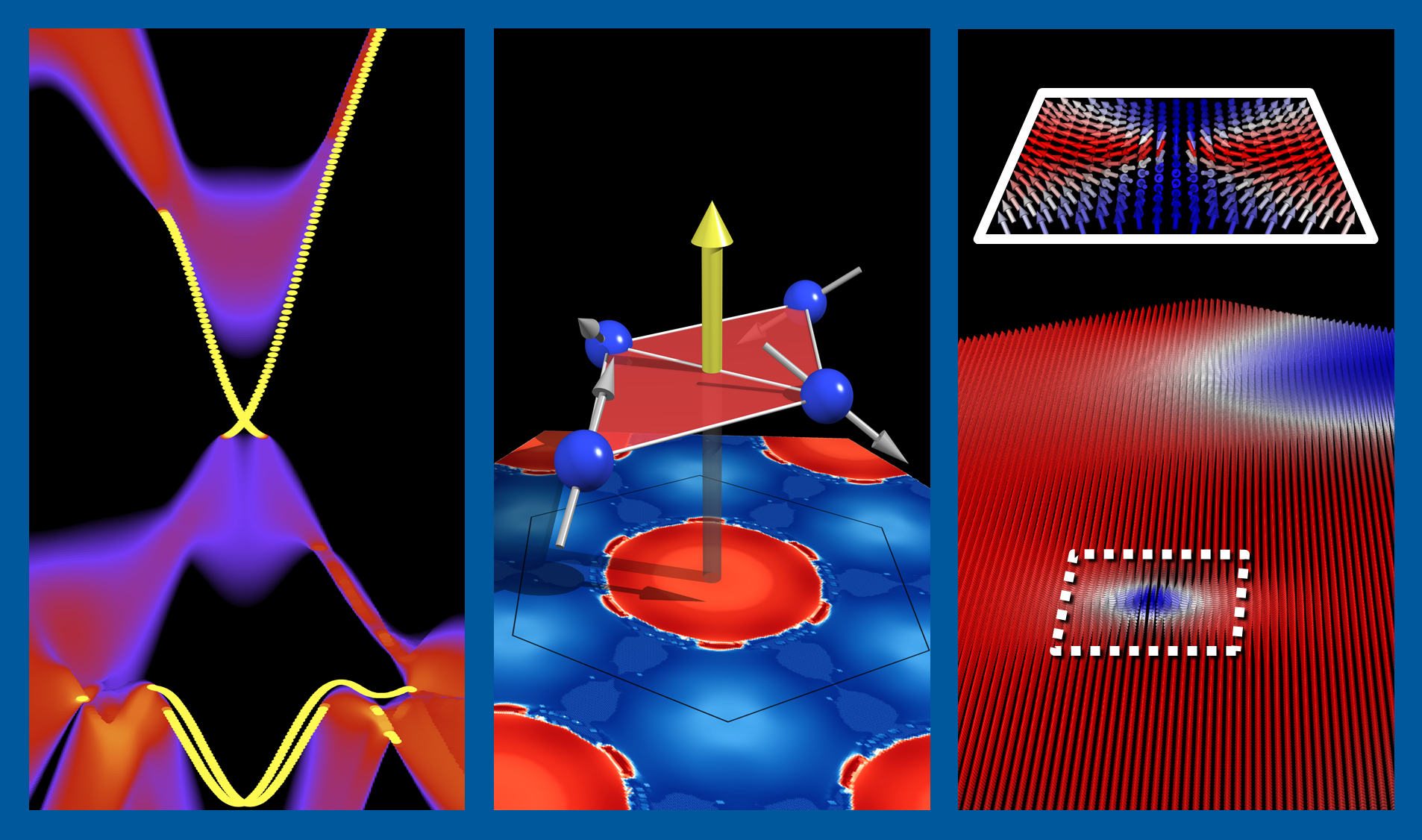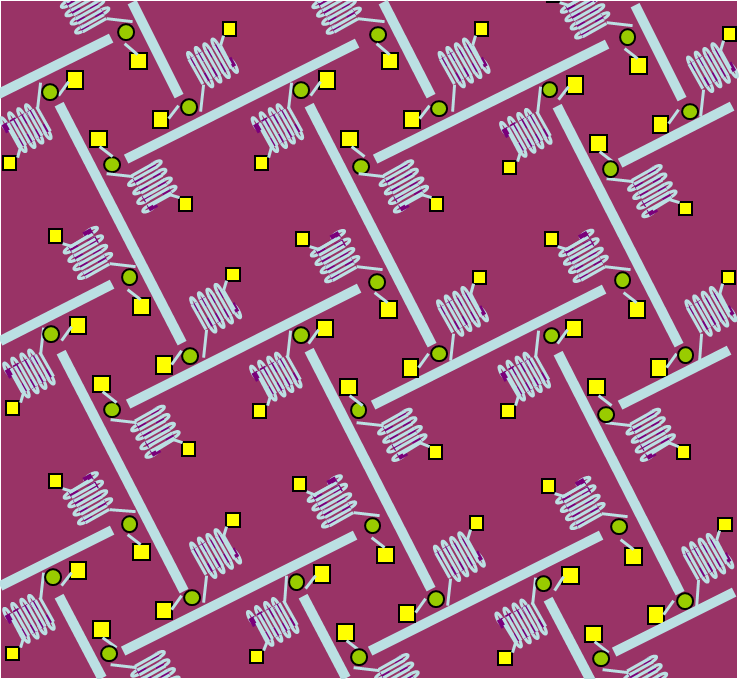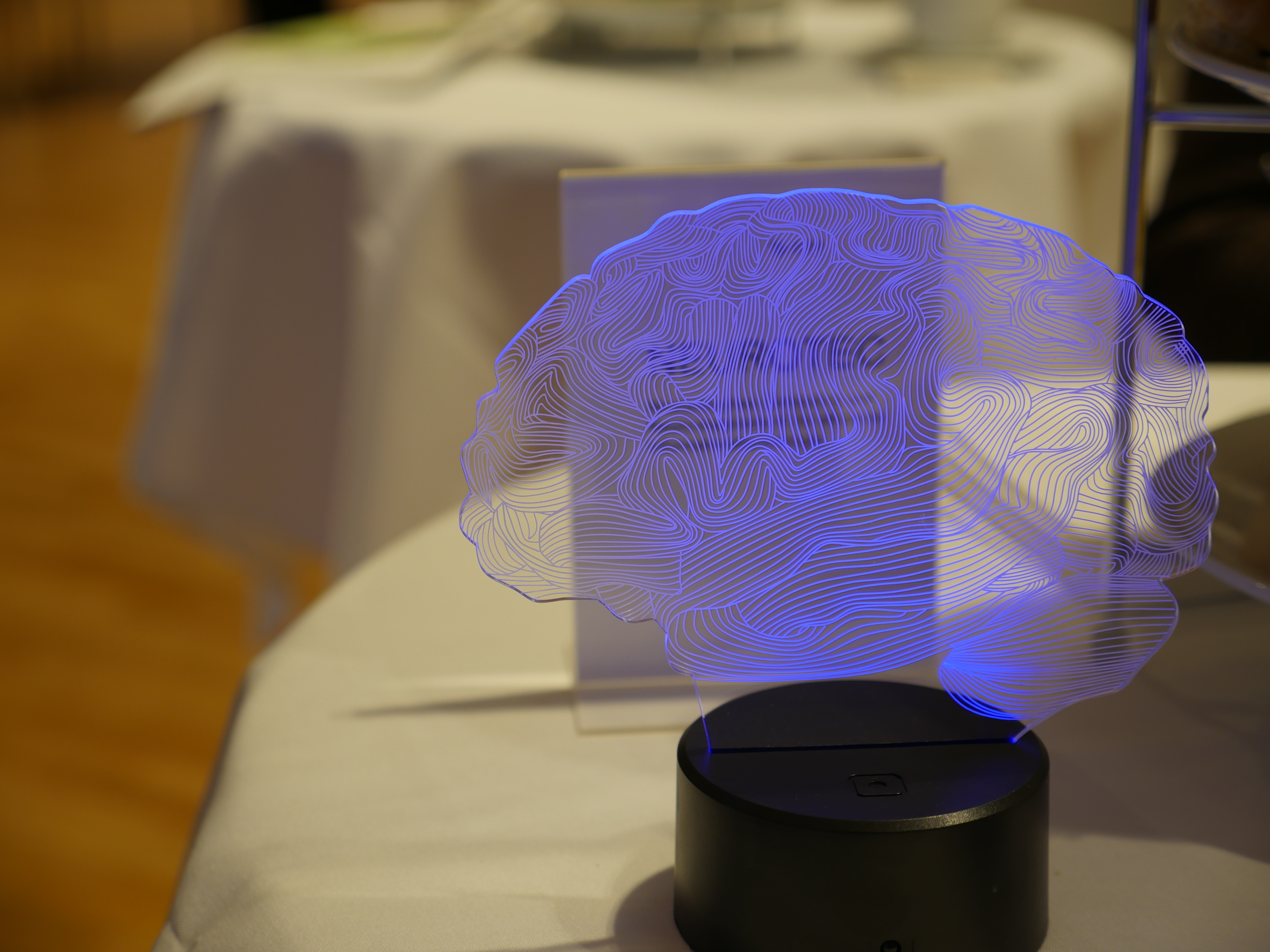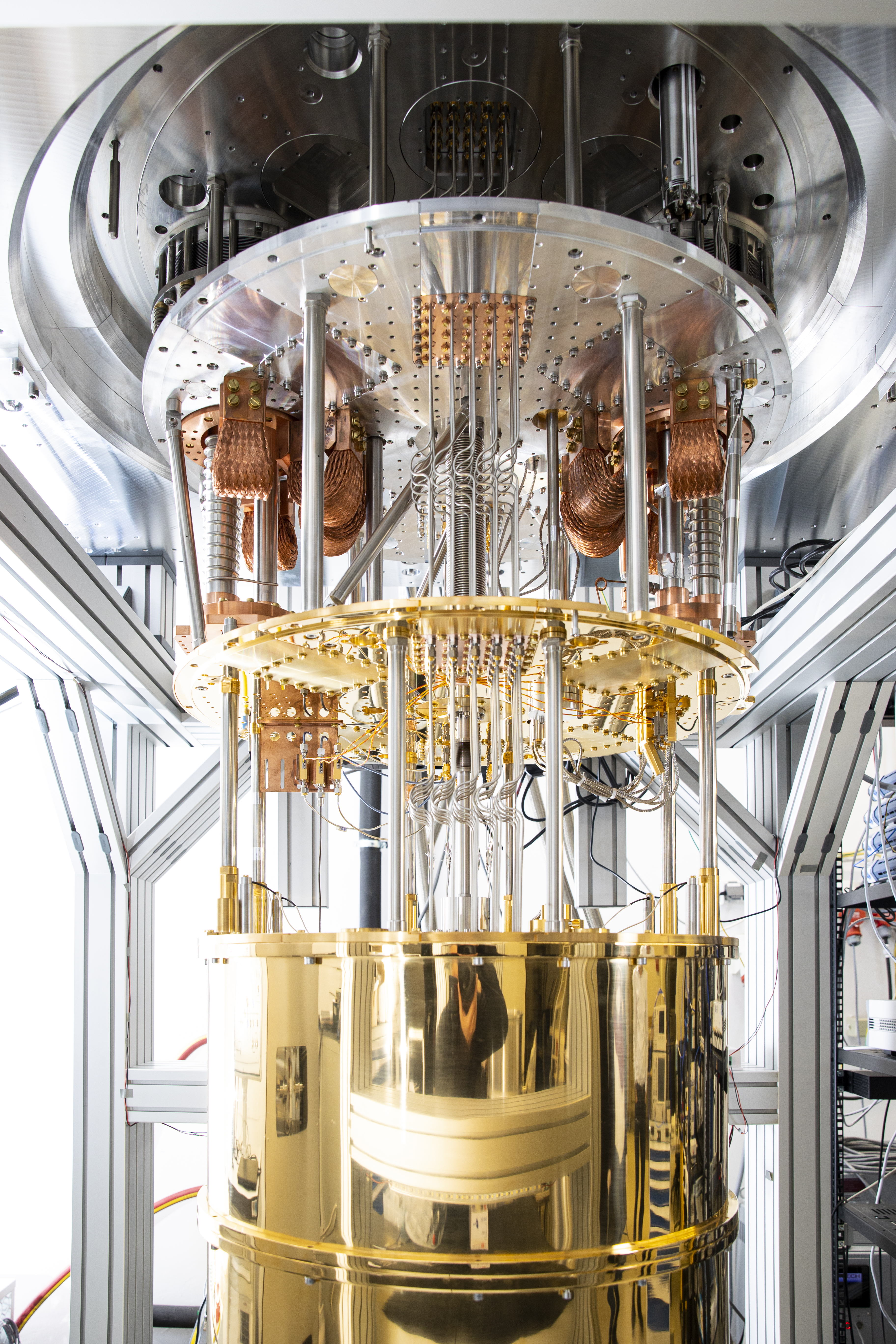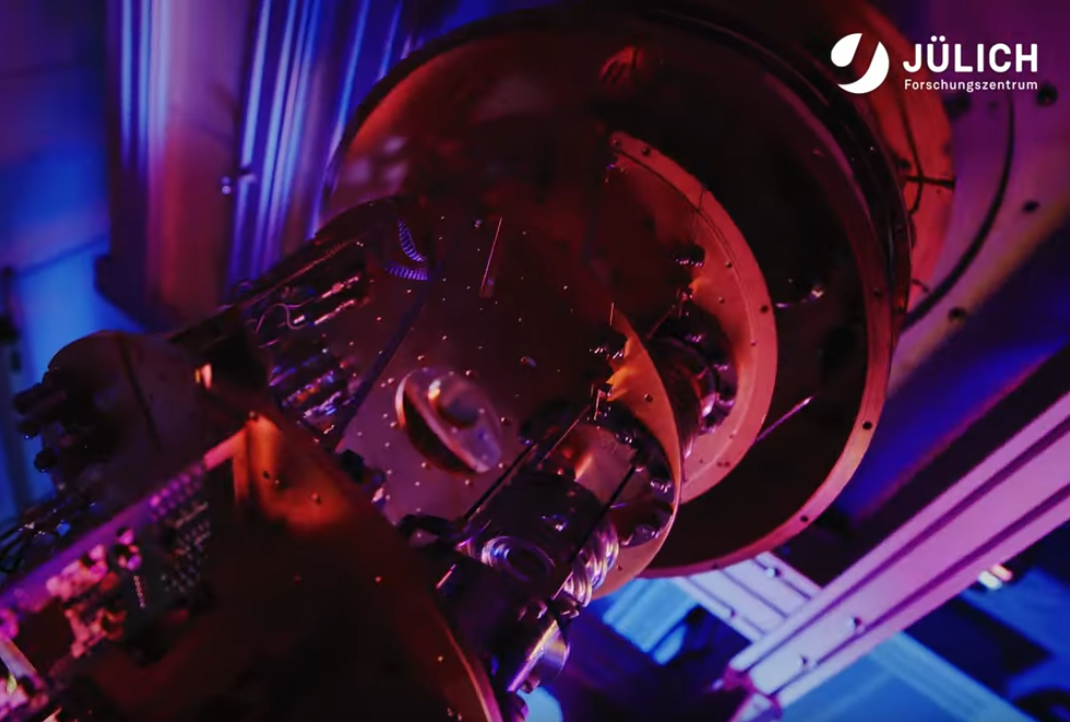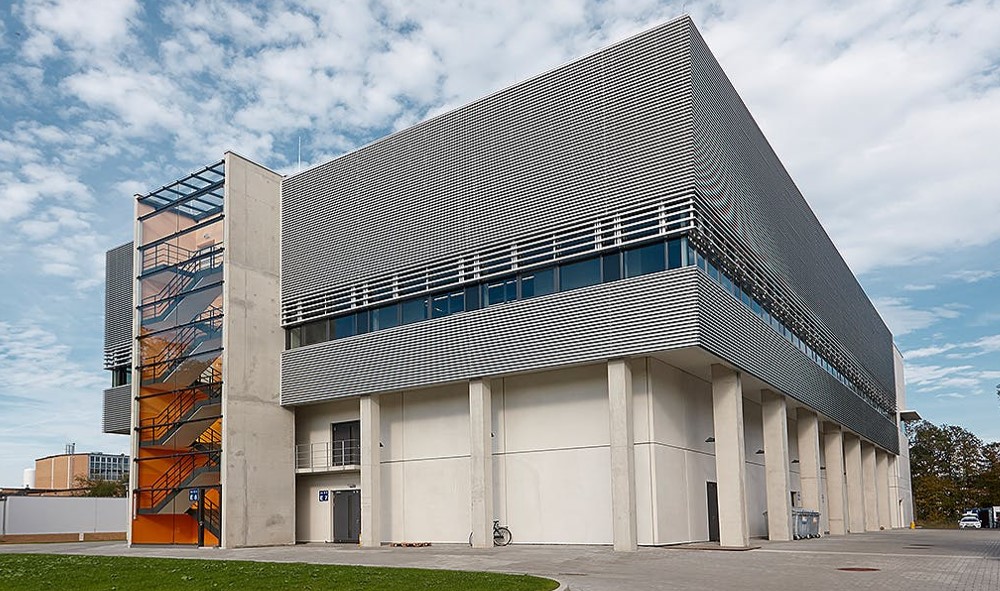Materials
We explore the physical fundamentals in the triangle of materials, structures and phenomena and aim to contribute to making the next generation of quantum and neuromorphic technologies for sensing, computing, modelling and communication more accurate and efficient.


